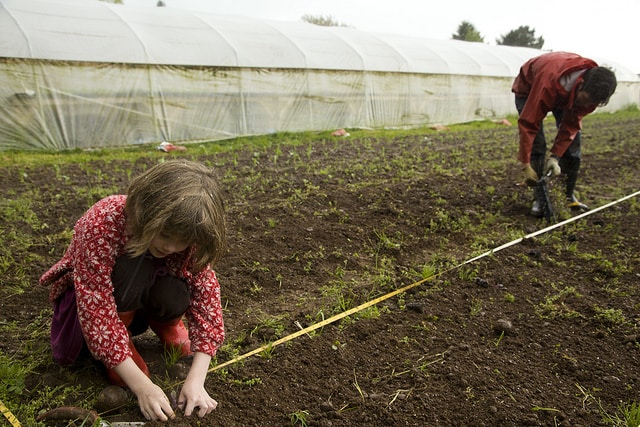
For food production to remain stable, it is necessary to create protocols that allow for organic and sustainable production. In addition, organic food must be available and affordable for everyone. Organic food wholesalers are committed to providing consumers with high-quality, nutritious, and ethically-sourced food. They are actively working to promote sustainable and organic farming practices, and are helping to bring organic food to a wider audience. Companies like “Do It Organic“, are dedicated to providing consumers with the best possible organic food products. These companies work with farmers and producers to source the highest-quality organic produce and products and are committed to promoting sustainable and organic agriculture. Thanks to the Internet, customers around the world can buy the organic food they need and have it delivered to their doorstep.
The rise of organic food in the industry
The organic food industry has seen a significant rise in recent years, as more and more consumers are becoming aware of the benefits of organic food. Organic food is produced without the use of synthetic pesticides and fertilizers, or genetically modified organisms, and is often grown using more sustainable farming methods. The demand for organic food has grown rapidly, with the global organic food market projected to reach $320 billion by 2025. This growth is driven by a variety of factors, including increasing health consciousness, concerns over the environmental impact of industrial agriculture, and a growing desire for locally sourced, ethically produced food. As a result, many large grocery chains and retailers have begun to expand their organic offerings, making it easier for consumers to access organic food. Additionally, farmers are investing in organic farming to keep up with the rising demand.
The challenges facing the organic food industry and potential solutions
Despite its growth, the organic food industry still faces some challenges. One of the biggest challenges is the lack of consistent regulations and standards for organic food production. This can make it difficult for consumers to trust that the food they are buying is truly organic, and can also make it harder for farmers to meet the necessary standards. The cost of organic food production is often higher than that of conventional food production, which can make it more expensive for consumers and can be a barrier for some farmers to enter the organic market. Potential solutions to these challenges include stricter regulations and oversight to ensure that organic food is truly organic, financial incentives for farmers to transition to organic farming methods, and education and outreach programs to increase consumer awareness about the benefits of organic food.